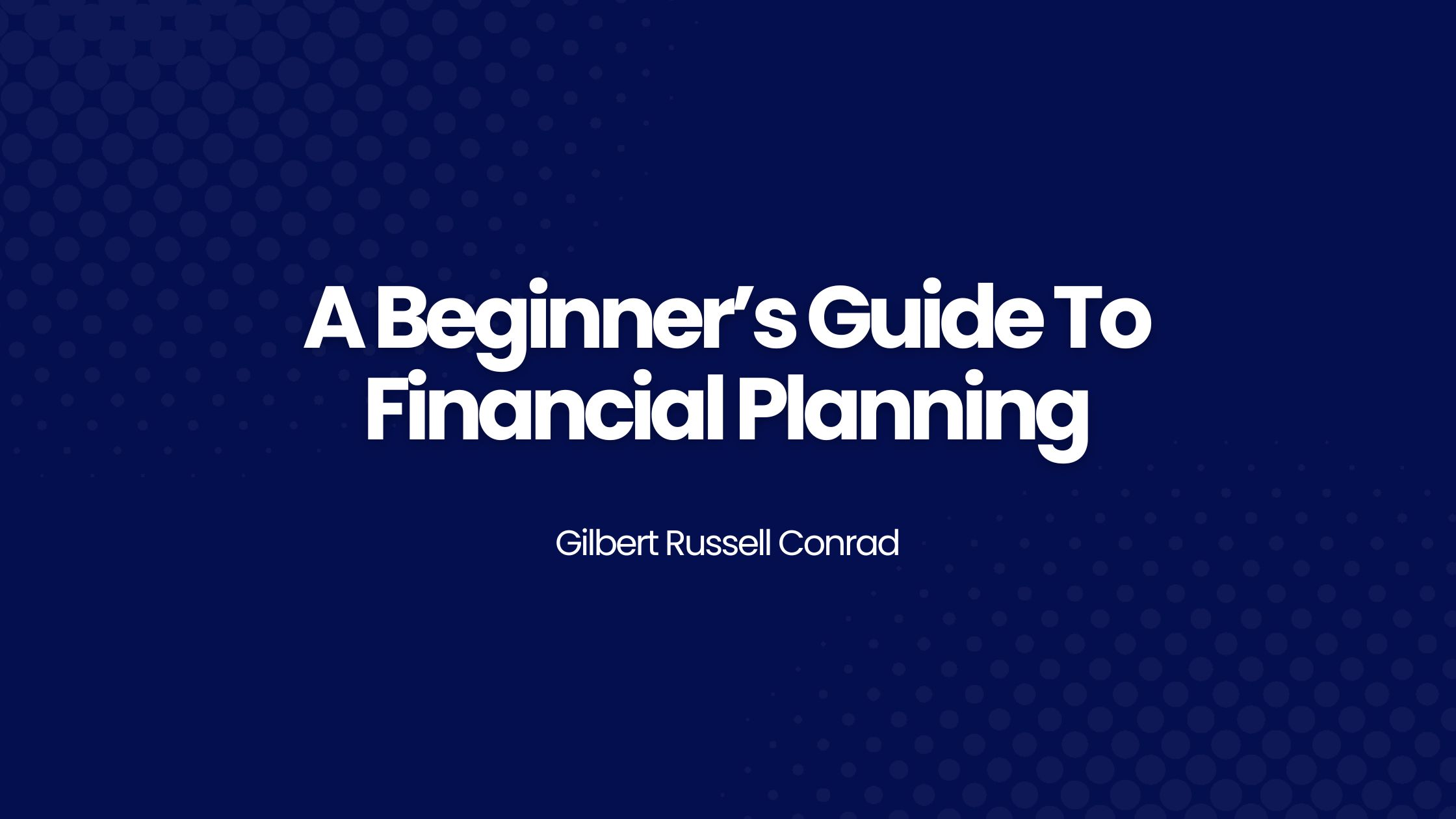Embarking on the financial planning journey can feel like setting sail into uncharted waters. But fear not, for with the right map and compass, you can confidently navigate these seas and reach the shores of financial stability. Whether you’re just starting your career, saving for a big purchase, or planning for retirement, having a solid financial plan is crucial. Here’s a beginner’s guide to help you plot your course:
- Set Clear Goals: Just like any journey, financial planning begins with a destination in mind. Define your short-term and long-term goals. Short-term goals will typically include building an emergency fund or saving for a new piece of furniture, while long-term goals might involve buying a house or retiring comfortably.
- Assess Your Current Financial Situation: Properly assess your income, expenses, assets, and debts. Create a budget to understand where your money is going each month. This will give you a clear picture of your financial health and areas where you can make improvements.
- Establish an Emergency Fund: Life is full of unexpected twists and turns. The purpose of an emergency fund is to focus on being a safety net, providing financial security when facing unforeseen expenses like medical bills or car repairs. You should save between three to six months of living expenses in a separate account.
- Manage Debt Wisely: Not all debt is bad, but high-interest debt can be a significant obstacle to financial freedom. Prioritize paying off high-interest debts, which include credit cards, while making the minimum payments on other debts. Once high-interest debts are paid off, focus on eliminating other debts systematically.
- Save and Invest Regularly: Saving is the foundation of financial security, while investing is the key to building wealth over time. Contribute to your employer-sponsored retirement plan, including a 401(k) or IRA. Take advantage of any employer matching contributions – it’s essentially free money. Additionally, consider opening a separate investment account for other financial goals, such as buying a home or funding education.
- Protect Both Yourself and Your Loved Ones: Insurance is a critical part of any financial plan. Make sure you have adequate coverage for health, life, disability, and property. While insurance costs may seem like another expense, they provide protection against potentially catastrophic financial losses.
- Plan for Retirement: It’s never too early to start saving for retirement. Take advantage of compound interest by saving as soon as possible. Contribute consistently to retirement accounts and consider increasing your contributions whenever possible. Review and adjust your investment allocations periodically based on your risk tolerance and retirement timeline.
- Educate Yourself: Financial literacy is empowering. Focus on educating yourself about personal finance topics, which could include budgeting, investing, taxes, and retirement planning. Various helpful resources are available, including books, online courses, and financial advisors who can be available to provide guidance that makes sense to your circumstances.
Financial planning is an ongoing process. Review and adjust your plan regularly as your circumstances, goals, and priorities change. By taking control of your finances today, you’ll be better equipped to weather life’s storms and achieve your dreams tomorrow. So hoist the sails, chart your course, and set sail toward a brighter financial future!

